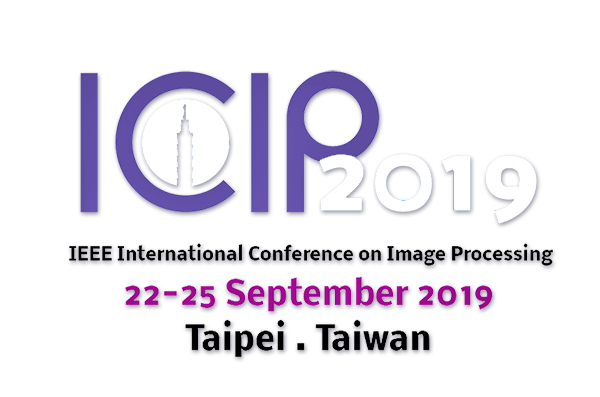In addition to this entrance, you can access the competition
through “ICIP” menu on AIdea homepage (https://aidea-web.tw/).
Winners Announcement
1st place: Yuzheng Xu (score: 0.374227)
2nd place:
Shang-Ying He (score: 0.321927)
3rd place: Po-Hao Hsu
(score: 0.311144)
Challenge Description
Dengue fever is an acute infectious disease transmitted by
mosquito. The peak time of dengue fever outbreak in Taiwan is
usually at summertime. Mild clinical cases of dengue fever may
present as symptoms such as fever, headaches, and myalgia while
severe cases may have severe fluid leakage, hemorrhagic
symptoms, shock, organ failure, coma and even death. The
mortality rate can be as high as 20% or more if the patient does
not receive proper treatment in time.
To effectively
prevent dengue fever outbreak, cleaning up the breeding sites of
the mosquitos is essential. Possible breeding sites for
mosquitos include all containers that hold stagnant water, such
as bottles, basins, buckets, cans, cups, bowls, tires, plastic
bags, and etc.
Every year, the Taiwan Centers for
Disease Control collaborate with local health department to
examine the communities and to find uncleaned sites with those
containers that may hold stagnant water, where may become
mosquito breeding sites afterwards. However, the inspection
takes tremendous manpower and time. This proposal provides
labeled data for the various types of containers, and aims to
build an object detection model for possible breeding sites.
This way the inspectors can pinpoint the containers which hold
stagnant water by digital camera images or live video, and thus
improve the effectiveness of inspection and breeding site
elimination.



